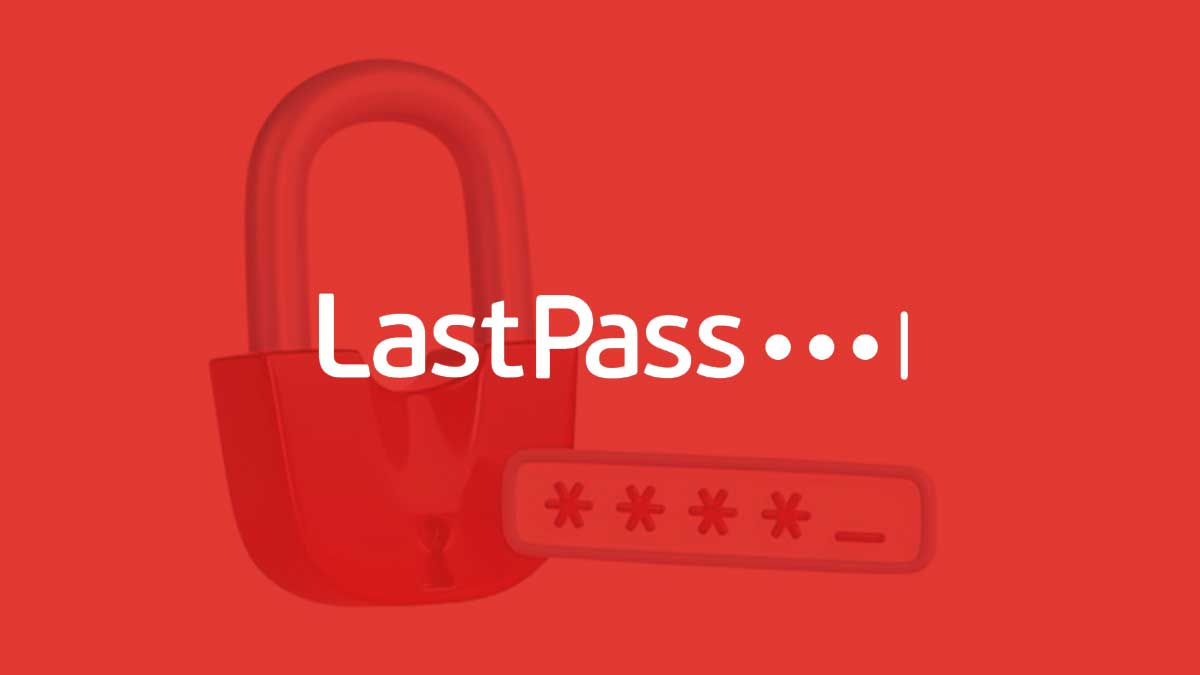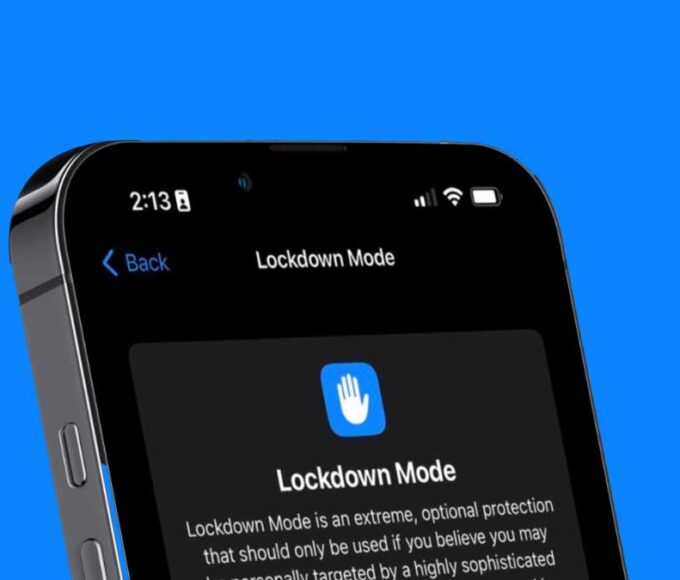- Home
- Billionaires
- Investing Newsletters
- 193CC 1000
- Article Layout 2
- Article Layout 3
- Article Layout 4
- Article Layout 5
- Article Layout 6
- Article Layout 7
- Article Layout 8
- Article Layout 9
- Article Layout 10
- Article Layout 11
- Article Layout 12
- Article Layout 13
- Article Layout 14
- Article Sidebar
- Post Format
- pages
- Archive Layouts
- Post Gallery
- Post Video Background
- Post Review
- Sponsored Post
- Leadership
- Business
- Money
- Small Business
- Innovation
- Shop
Recent Posts
LastPass Warns of Scam: Don’t Press 1 or 2

LastPass, a widely used password manager, has issued a critical warning to its users regarding a new scam that could potentially compromise their account master passwords. The scam involves a cybercrime campaign linked to CryptoChameleon, a phishing-as-a-service kit that simplifies the theft of personal information. According to Mike Kosak, a senior principal intelligence analyst at LastPass, cybercriminals can use these kits to create fake websites that mimic legitimate login pages, making it easier to steal passwords and authentication data. This stolen information can then be used by criminals themselves or sold to other malicious actors.
The scam begins with an automated call to the victim, informing them that their LastPass account has been accessed from an unknown device. The call instructs the victim to either press 1 to allow access or press 2 to block it. If the victim presses 2, they receive a follow-up call from a spoofed number, with the caller claiming to be a LastPass employee. The caller informs the victim that they will shortly receive an email with a link to reset their account for security reasons.
The email, however, contains a link that redirects the victim to a cloned login page, where they are prompted to enter their LastPass master password. If the victim falls for this trick and enters their password, the criminals can then lock the victim out of their own account by changing the primary phone number, email address, and master password.
LastPass detected the scam when intelligence analysts identified a fraudulent domain, ‘help-lastpass [dot] com,’ designed to appear as a legitimate LastPass service. Although LastPass took steps to shut down the domain, the continuous availability of the CryptoChameleon phishing kit means that the scam may persist.
In response to the threat, LastPass urges its users to be vigilant. If they receive a call from someone claiming to work for LastPass, they should hang up and report the details to abuse@lastpass.com. Any suspicious text messages or emails purporting to be from LastPass should also be reported to the same address. LastPass emphasizes that it will never ask for a user’s master password via phone call, text message, or email, and advises users to be cautious of such requests.
Recent Posts
Categories
- 193 Countries Consortium Partner1
- 193cc Digital Assets2
- 5G1
- Aerospace & Defense48
- AI37
- Arts3
- Banking & Insurance11
- Big Data3
- Billionaires1,506
- Boats & Planes1
- Business332
- Careers13
- Cars & Bikes79
- CEO Network1
- CFO Network17
- CHRO Network1
- CIO Network1
- Cloud10
- CMO Network18
- Commercial Real Estate7
- Consultant1
- Consumer Tech194
- CxO1
- Cybersecurity73
- Dining1
- Diversity, Equity & Inclusion4
- Education7
- Energy8
- Enterprise Tech29
- Events11
- Fintech1
- Food & Drink2
- Franchises1
- Freelance1
- Future Of Work2
- Games149
- GIG1
- Healthcare79
- Hollywood & Entertainment203
- Houses1
- India’s 1000 Richest1
- Innovation46
- Investing2
- Investing Newsletters4
- Leadership65
- Lifestyle11
- Manufacturing1
- Markets20
- Media327
- Mobile phone1
- Money13
- Personal Finance2
- Policy569
- Real Estate1
- Research6
- Retail1
- Retirement1
- Small Business1
- SportsMoney42
- Style & Beauty1
- Success Income1
- Taxes2
- Travel10
- Uncategorized15
- Vices1
- Watches & Jewelry2
- world's billionaires1,475
- Worlds Richest Self-Made Women2
Related Articles
Android & iPhone Users Urged to Run Security Checks
With the rise of cyber threats targeting both Android and iPhone users,...
By 193cc Agency CouncilJanuary 1, 2025Apple Warns: Avoid Lockdown Mode on iPhone
Apple’s latest security alert for iPhone users raises important concerns about the...
By 193cc Agency CouncilDecember 31, 2024750 Million Android Users Face Urgent Security Risks
Google has made significant strides in improving Android’s security ecosystem, aiming to...
By 193cc Agency CouncilDecember 31, 2024Surge in Paper Werewolf Cyberattacks on Russian Targets
A troubling rise in espionage-driven attacks using Microsoft Windows Word documents has...
By 193cc Agency CouncilDecember 30, 2024















Leave a comment